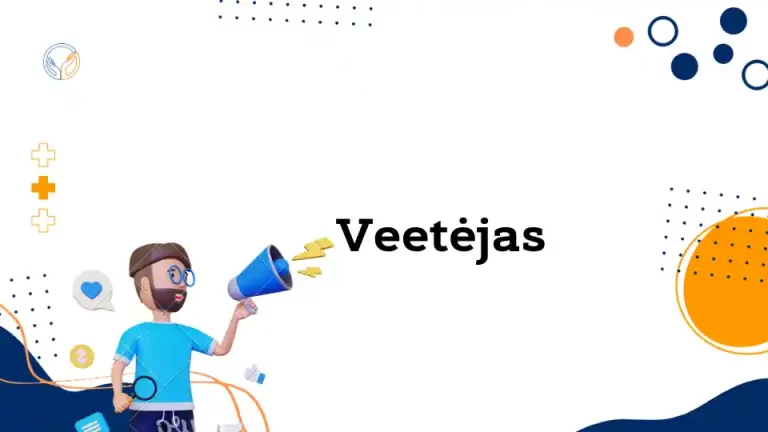Protect Yourself from Scams: Understanding the 8139405355 Scam in Florida, USA
Scams and fraudulent activities have become increasingly prevalent in today’s digital age. One particular scam that has garnered attention in Florida, USA, is the 8139405355 scam, centered around the 813 area code, specifically Tampa.
This article will provide valuable information on recognizing and avoiding this scam. We’ll also delve into the definition, meaning, and synonyms of scams, explore common scams and crimes and explain how to report a scam effectively.
Key Takeaways:
- Understand the 813-940-5355 scam in Florida, USA.
- Learn the definition, meaning, and synonyms of scams.
- Discover how to recognize and avoid phishing scams.
- Explore common scams and crimes.
- Find out how to report a scam.
What Is the 8139405355 Scam?
Scams come in various forms and are often designed to deceive individuals into providing personal information, money, or access to their financial accounts. The 8139405355 scam is no different. This scam specifically targets individuals in the 813 area code, which encompasses the vibrant city of Tampa, Florida.
The 813-940-5355 scam typically involves fraudulent phone calls, texts, or emails that aim to trick victims into revealing sensitive information or sending money to scammers. To protect yourself, it’s crucial to understand the nature of this scam and be able to identify potential red flags.
Scam – Definition, Meaning & Synonyms
Before we dive into the specifics of the 8139405355 scam, let’s first define what a scam is and explore its meaning and synonyms:
Definition: A scam refers to a fraudulent scheme or deceptive act designed to swindle individuals or organizations out of money, valuable assets, or sensitive information.
Meaning: Scams are dishonest and often illegal activities carried out by individuals or groups with the intent to deceive and harm others financially.
Synonyms: Scams can be referred to using various synonyms, including fraud, deception, swindle, con, hoax, and ruse.
Understanding the definition, meaning, and synonyms of scams is essential as it provides a foundation for recognizing and avoiding fraudulent activities, such as the 8139405355 scam.
How to Recognize and Avoid Phishing Scams
Phishing scams are a common tactic used by scammers in various fraudulent schemes. Recognizing and avoiding phishing attempts is crucial to protecting yourself from the 813-940-5355 scam and similar threats. Here are some essential tips:
Be Skeptical of Unsolicited Communications
- Exercise caution when you receive unexpected calls, texts, or emails from unfamiliar sources.
- Verify the identity of the sender or caller before sharing any personal information.
Watch for Urgent Requests
- Scammers often create a sense of urgency to pressure victims into making quick decisions.
- Take your time to assess the situation and verify the legitimacy of the request.
Check for Misspellings and Suspicious Links
- Phishing emails often contain misspelt words or suspicious links.
- Avoid clicking on links or downloading attachments from untrusted sources.
Keep Personal Information Secure
- Never share sensitive information like your Social Security number, bank account details, or passwords with unknown individuals or entities.
- Use strong, unique passwords for online accounts.
Use Up-to-Date Security Software
Install and regularly update antivirus and anti-malware software on your devices to help detect and prevent phishing attempts.
Following these guidelines can significantly reduce the risk of falling victim to phishing scams, including the 813-940-5355 scam.
Common Scams and Crimes
Scammers employ a variety of tactics to deceive individuals. Here are some common scams and crimes to be aware of:
Online Shopping Scams
Fake online stores offering products at unbelievably low prices. Always purchase from reputable websites and verify their authenticity.
Identity Theft
Scammers steal personal information to commit fraud or access financial accounts. Safeguard your personal data and monitor your accounts for unusual activity.
Tech Support Scams
Fraudsters pose as tech support agents and claim your computer has a problem. Never grant remote access or provide financial information to unsolicited tech support calls.
Romance Scams
Scammers build romantic relationships online to exploit victims emotionally and financially. Be cautious when forming relationships with individuals you’ve met online, especially if they ask for money.
Lottery and Prize Scams
You’re told you’ve won a prize but need to pay a fee to claim it. Legitimate lotteries do not require upfront payments to collect winnings.
Report a Scam
If you encounter a scam or believe you’ve been targeted by the 8139405355 scam or any other fraudulent activity, it’s essential to report it promptly. Reporting scams helps authorities track down criminals and protect potential victims. Here’s how to report a scam:
- Contact Your Local Law Enforcement: Report the scam to your local police department or law enforcement agency. Could you provide them with all relevant details?
- Federal Trade Commission (FTC): Visit the FTC’s website or call 1-877-FTC-HELP (1-877-382-4357) to report the scam online.
- Better Business Bureau (BBB): File a complaint with the BBB to alert others about the scam and share your experience.
- Internet Crime Complaint Center (IC3): If the scam occurred online, visit the IC3 website to report internet-related crimes.
- Your Financial Institution: If you’ve experienced financial loss, contact your bank or credit card company to report the fraud and protect your accounts.
Conclusion
In conclusion, staying informed about scams like the 8139405355 scam is essential for safeguarding your financial well-being. By understanding the nature of scams, recognizing phishing attempts, and knowing how to report fraudulent activities, you can protect yourself and help prevent others from falling victim to these deceptive schemes. Stay vigilant; together, we can combat scams and fraud in our communities.







